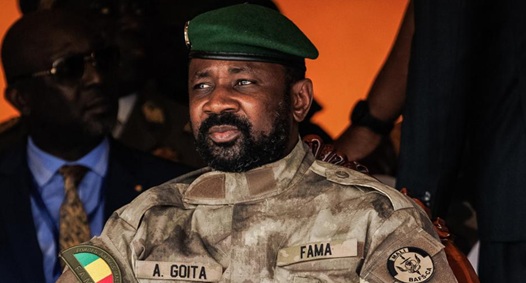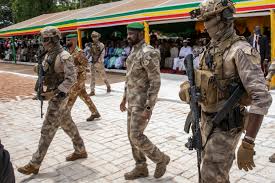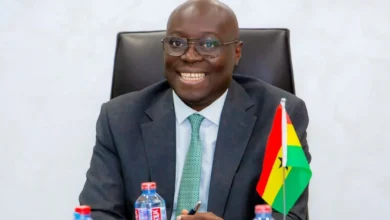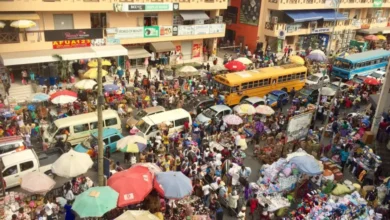Mali’s Military Regime Shuts Down Political Parties: What Does This Mean for the Future of Democracy

In a controversial move, Mali’s military government has dissolved all political parties in the country, further consolidating its power and sparking fears of a return to authoritarian rule. This unprecedented decision, announced by Mamani Nassire, the minister of political reforms, has sent shockwaves through the nation and the international community.
Since seizing control in a series of coups in 2020 and 2021, President Assimi Goita has been criticized for his heavy-handed approach to governance. Despite promising to hold elections, the military regime has repeatedly postponed the ballot, citing “technical reasons” and leaving the country in a state of uncertainty. The recent recommendation to extend Goita’s presidency until 2030 has only added fuel to the fire, with many questioning the regime’s commitment to a return to civilian rule.
The dissolution of political parties has further fueled concerns about the future of democracy in Mali. Former prime minister Moussa Mara called the decision a “severe blow to the reconciliation process,” highlighting the growing divide between the military regime and opposition forces. With opposition leaders going missing following recent protests in Bamako, the crackdown on dissent is becoming increasingly worrying.
The suspension of all political activities in Mali has raised serious questions about the military government’s intentions and its commitment to democratic principles. As the nation grapples with the fallout of this latest development, it is clear that the road to democracy in Mali remains fraught with challenges and uncertainties.

Ganaflare.com




